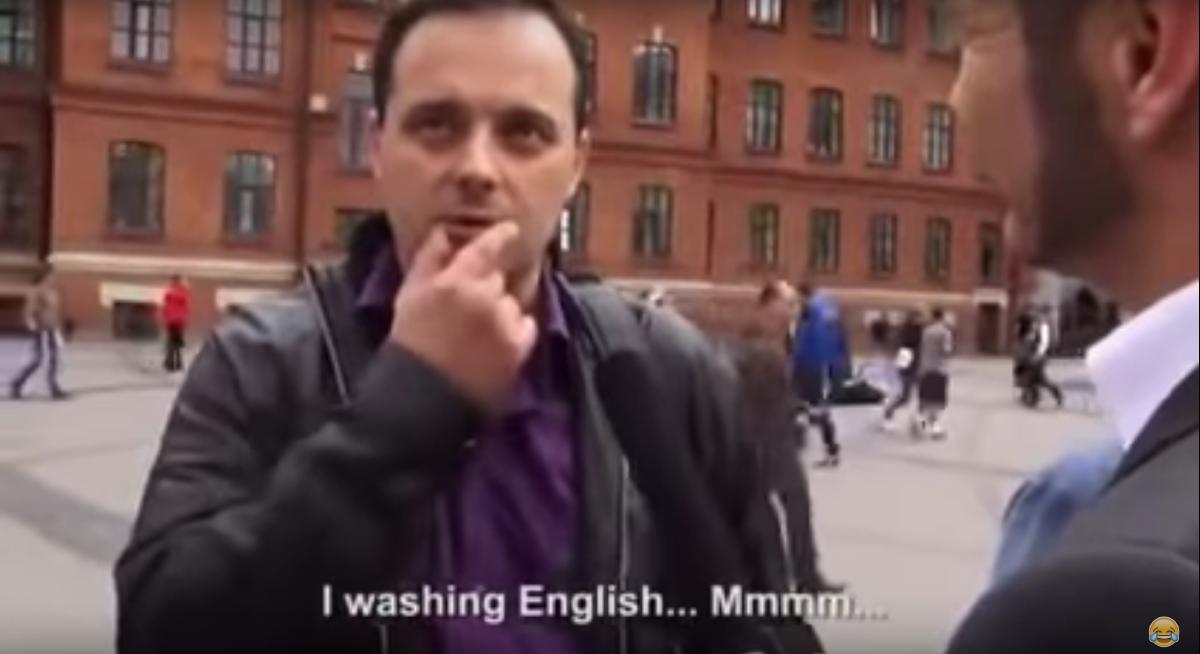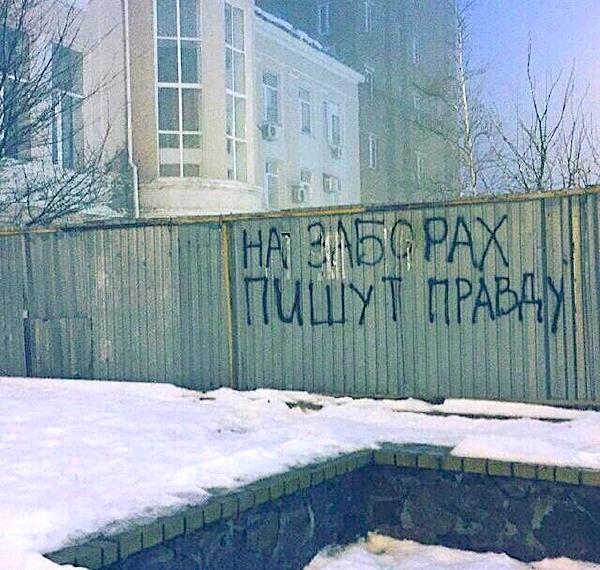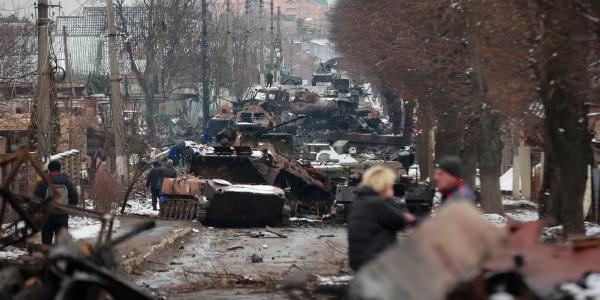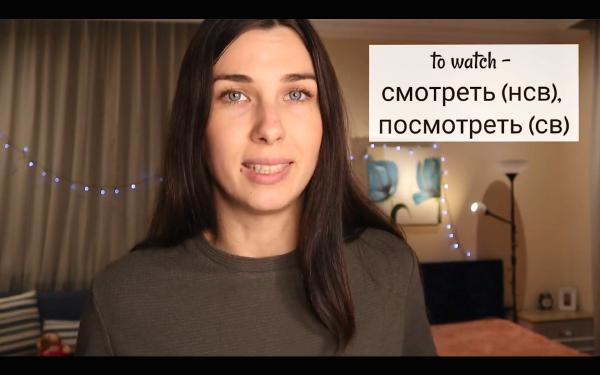Russians and English
Another reason to learn Russian (see Why Learn Russian) is that Russians don’t speak English. Or rather, not everyone does. And among those who do, not all are equally fluent. How come? Let’s explore. With insights from the Russians themselves at the end.
English is Difficult
For native Russian speakers, English is just as foreign as Russian is for English speakers. It’s challenging for Russians to learn English, and the sounds feel unnatural. To them, English sounds like you have a hot potato in your throat.
See also How English Sounds to Non-English Speakers (Mary Z Russian, 2019, 8 m)
English is Unnecessary
For most Russians, learning English isn’t particularly necessary or logical. They have little exposure to it and can access everything they need in their own language. Russians are not known for their proficiency in English. But compare that to the average American’s Russian skills.
- Why do Russians speak English so badly? (Igor Black, 2020, 3 m)
- Why most Russians cannot speak English (Dmitry Chemankov, 2017, 19 m)
- Why don’t Russians speak English or other foreign languages? (AnastasiaLbova, 2017, 8 m)
- Why do Russians speak English so badly (RusBoriska, 2015, 2 m)
Also see Why do so few Russians speak good English? (Russia Beyond, 2019) and Why Are (Most) Russians Bad At Speaking Other Languages? (Russian Language Blog, 2019).
Why Russians Don’t Speak English
(Those Russians, 2017, 3 m)
Hear, Hear
Judge for yourself, it’s the best way. And in this case, also the most fun.
Russians Try To Speak English
(1420, 2020, 4 m)
From the same channel, check out How many languages Russians know? (2020, 4 m).
Russians Try to Pronounce Words in English
(How they Changed, 2019, 10 m)
An old but classic clip: Russians Speak English (1 m). From “I washing English” to “Give me please one thousand.”
More
- Russians Try To Pronounce Difficult English Words (Afro Rossiya, 2020, 3 m)
- Do Russians Speak English? Let’s See (Russian Plus, 2019, 11 m)
- Can I survive in Moscow if I don’t speak Russian? (Jonny Tickle, 2019, 10 m)
- Russian Words That Sound Like Swearing in English (Taya Ukraine, 2019, 3 m)
- How I Learned English in Russia (NFKRZ, 2018, 10 m)
- Americans Speak Russian. Russians Speak English (Love & Peace Planet, 2018, 2 m)
- Why Russian Is Better Than English – Russian vs. English (Rush into Russian, 2017, 5 m)
- How Russians Speak English (Crazy Russian Dad, 2017, 4 m)
- Easy Russian – Which Language Would You Like to Learn? (Easy Languages, 2015, 5 m)
- Fareed: Putin Speaks… in English? (CNN, 2013, 1.5 m)
More








